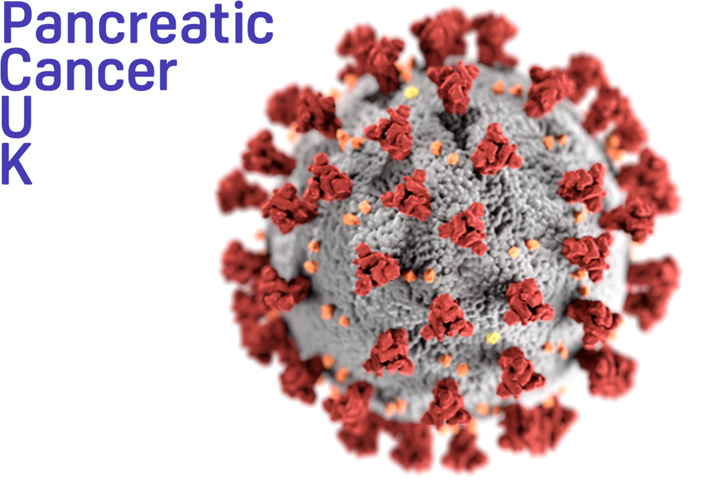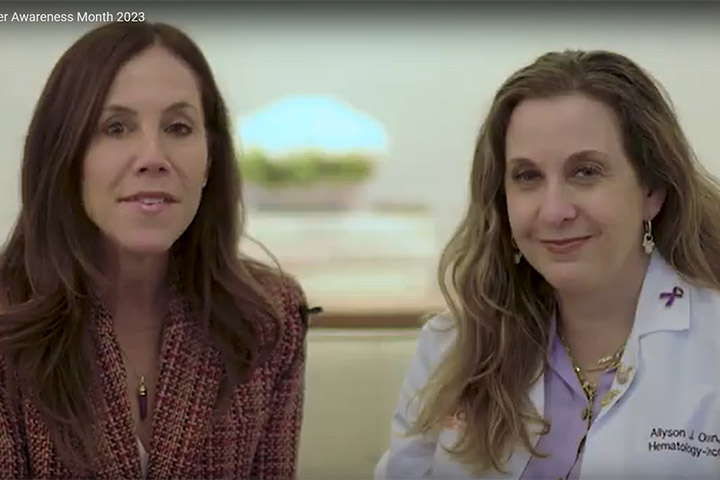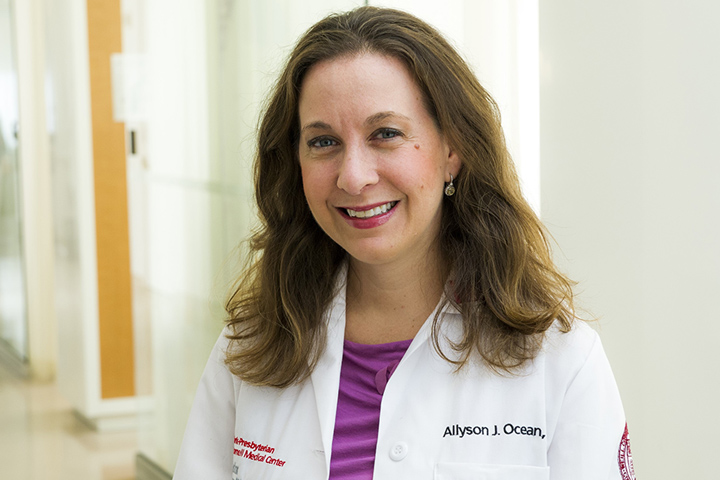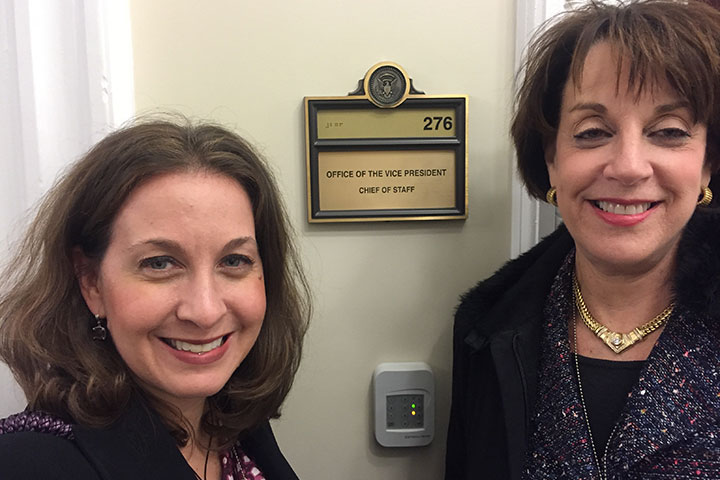No Time to Wait: UK Pancreatic Cancer Patients Struggle with Treatment and Diagnostic Delays

A two-month wait to see an oncologist is much more than an inconvenience for pancreatic cancer patients—it could be a matter of life or death.
But that’s the situation that pancreatic cancer patients in the United Kingdom faced in the spring of 2020 at the initial height of the COVID-19 pandemic.
Reduced capacity in many hospitals meant treatment pauses or delays. Many elderly pancreatic patients or those with comorbidities that put them more at risk for severe COVID infections had to make difficult decisions involving suspended or selective treatments.
Those receiving supportive or palliative care also faced significantly reduced services, and the psychological toll on nearly all patients was high, as evidenced by a 58 percent rise in calls and emails to the Pancreatic Cancer UK Support Line.
There was also a more elusive danger: Far fewer people experiencing potential pancreatic cancer symptoms were willing to “bother” an overstretched National Health Service (NHS) or risk coronavirus infection by venturing to their doctor’s office, leading to many missed diagnoses.
During the initial COVID-19 surge, 75 percent fewer people were referred for cancer-related appointments compared to the year before, and between March and June, there were 34 percent fewer referrals for upper gastrointestinal cancers than in 2019. According to a December 2020 BBC report, at least 4.4 million fewer scans were performed in England between April and September in 2020 compared to the same period in 2019, and one in seven people are now waiting more than three months for a scan as the NHS attempts to clear the backlog.
Full Impact “Yet to be Seen”
Although the COVID-19 situation improved over the second half of 2020, a resurgence with mutated strains is likely to hit hard, and the full impact of the virus on pancreatic cancer patients in the UK has yet to be seen, according to Peter De Rosa, Policy and Intelligence Manager for Pancreatic Cancer UK.
“We are expecting that we will begin to see these delayed diagnosis patients coming through the system soon, and their cancer will probably be at a later stage, and more difficult to treat,” De Rosa explains.
The nonprofit pivoted early on to leverage virtual platforms for all aspects of its operations: support, education, advocacy and fundraising. This has helped it not only survive during the crisis but, in some ways, thrive. They quickly brought together pancreatic cancer specialists from across the country—and around the world, looping in some doctors from Italy who had experienced an earlier COVID surge—in order to help assess the situation and prepare for what might be coming.
Keen to keep some attention on pancreatic cancer while the world’s attention was laser-focused on COVID, Pancreatic Cancer UK held a #NoTimeToWait social media campaign. They further engaged the public with a petition asking the UK Government to maintain cancer care and prioritize pancreatic cancer patients in cancer services recovery plans; it garnered 60,000 signatures.
De Rosa and his team also wrote to every local NHS body, asking them how they planned to ensure pancreatic cancer patients received life-saving treatment during and after the pandemic. “About 89% of them responded. We were largely reassured by that,” he notes.
A Pancreatic Cancer Crisis Before the Crisis
Even if the UK is able to restore cancer services to pre-COVID levels, that will still not be enough, De Rosa says. Pancreatic cancer care in the UK was in a crisis state before the pandemic hit, he adds, with some of the worst survival rates in the European Union and other developed nations. Around 10,000 people are diagnosed with pancreatic cancer in the UK each year, and 9,000 die from it annually. The one-year survival rate is around 25 percent, dropping to 7 percent at five years. Treatment options and outcomes also vary within England, and among the other UK nations of Scotland, Wales, and Northern Ireland.
“We need a massive shift and a national focus on standardizing care and outcomes,” De Rosa explains. “There’s a lot of good work going on in pancreatic cancer in the UK, but the challenge will be in rolling out these innovations and best practices across England and the devolved nations.”
Pancreatic Cancer UK’s focus now is continuing to provide support to patients during the COVID crisis, and to raise awareness about pancreatic cancer symptoms so that people are motivated to seek diagnoses. “Raising awareness of symptoms is now more important than ever,” he says.
During the summer, Pancreatic Cancer UK had an awareness campaign featuring a video of 42-year-old pancreatic cancer patient Bryony, who stated that “Time, with pancreatic cancer, is the biggest killer.”
“We’ve seen the government do amazing things to save people’s lives during COVID, and all we’re asking is that they do the same for people who are diagnosed with pancreatic cancer,” she added.
The COVID-19 pandemic has indeed made a complicated situation more urgent.






